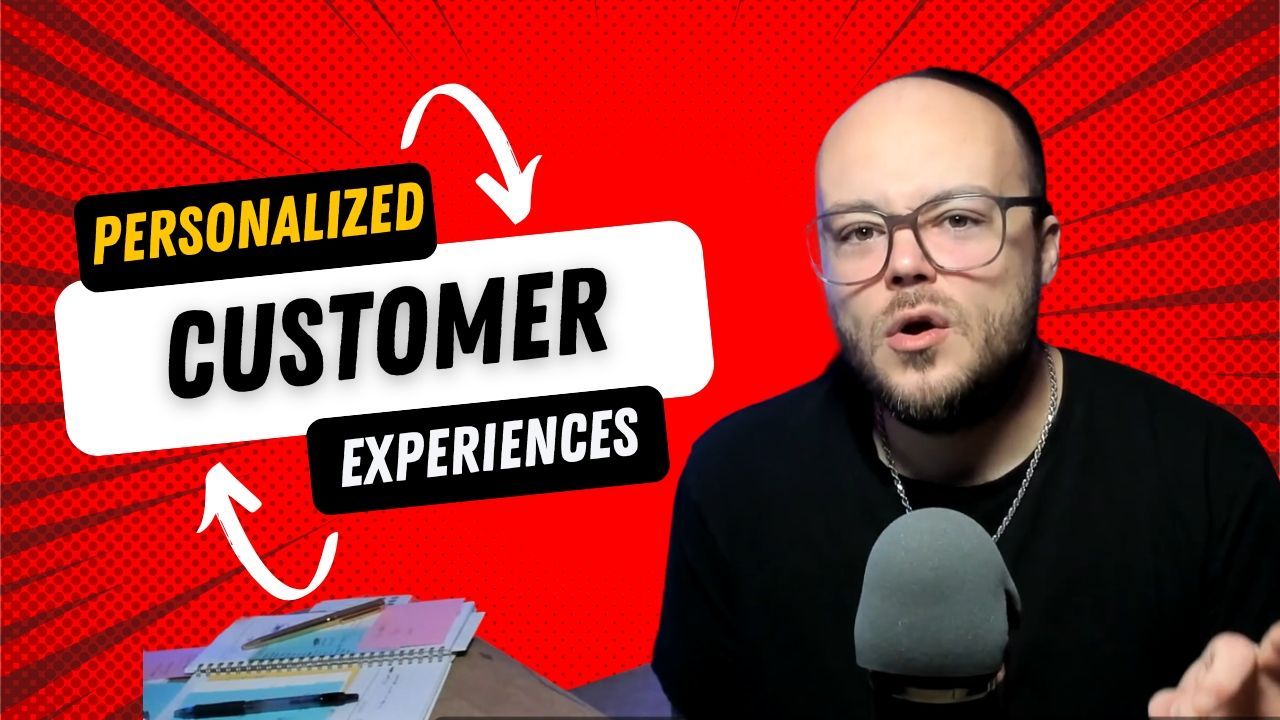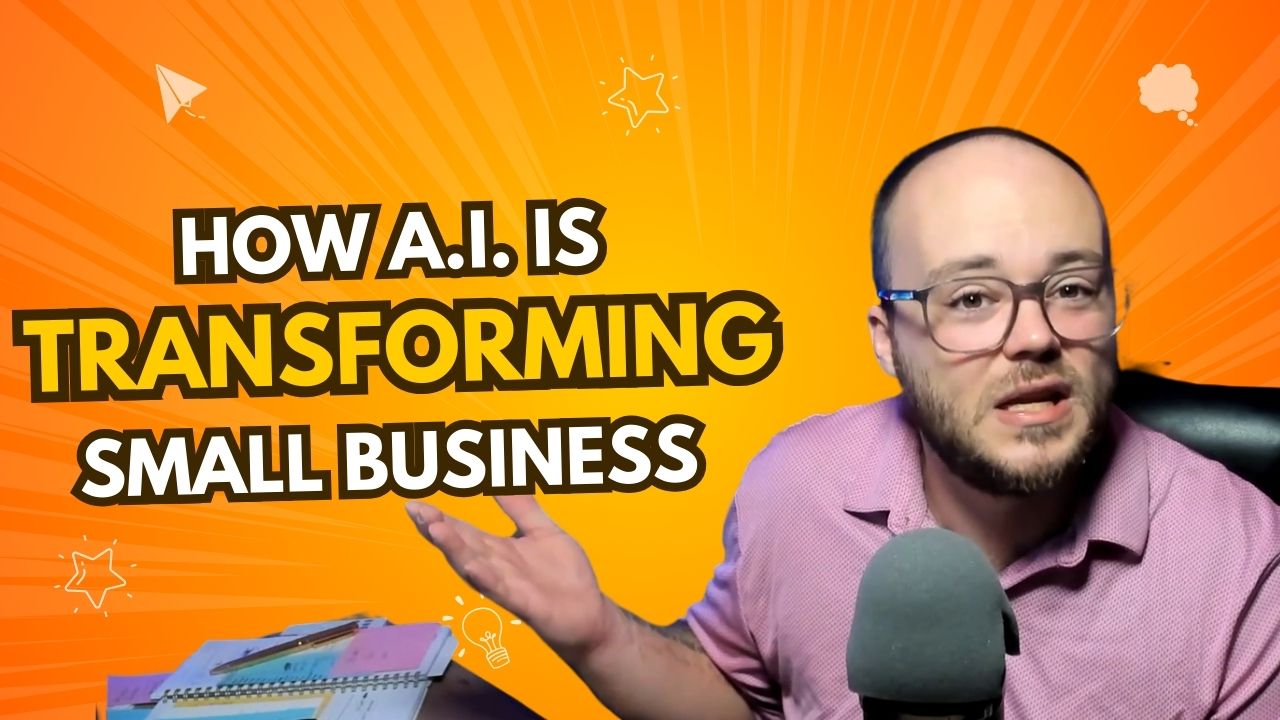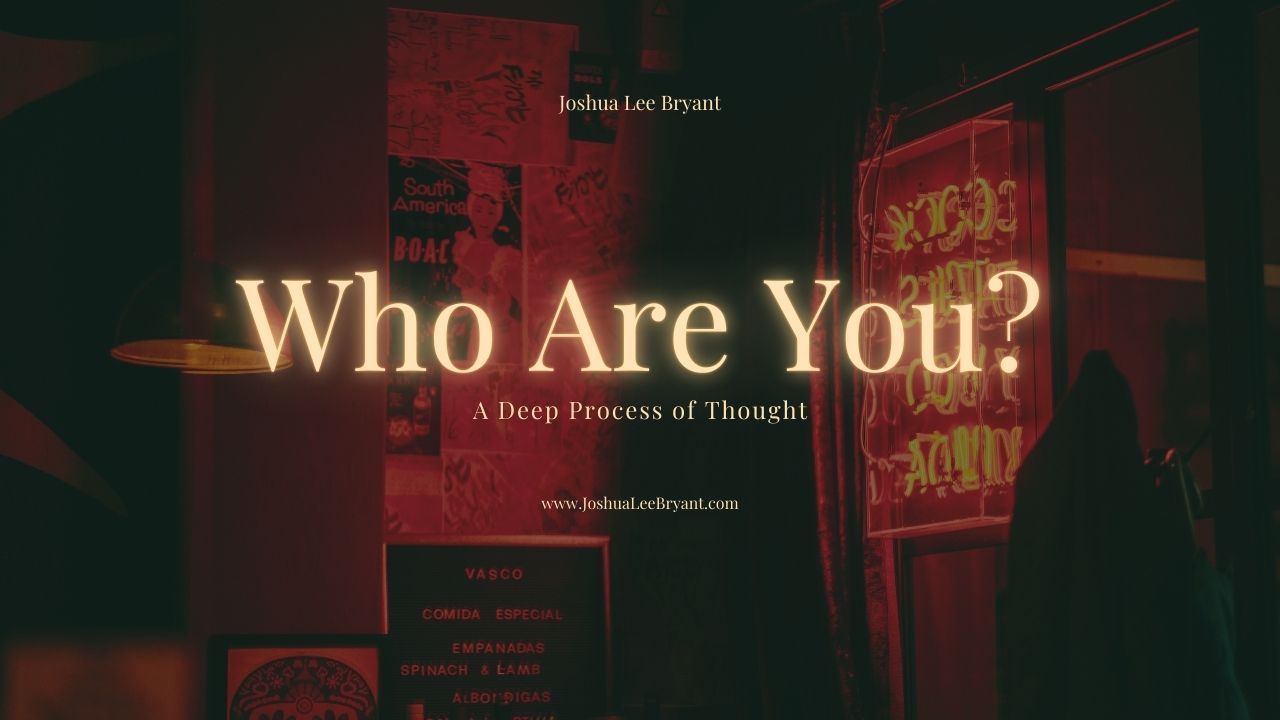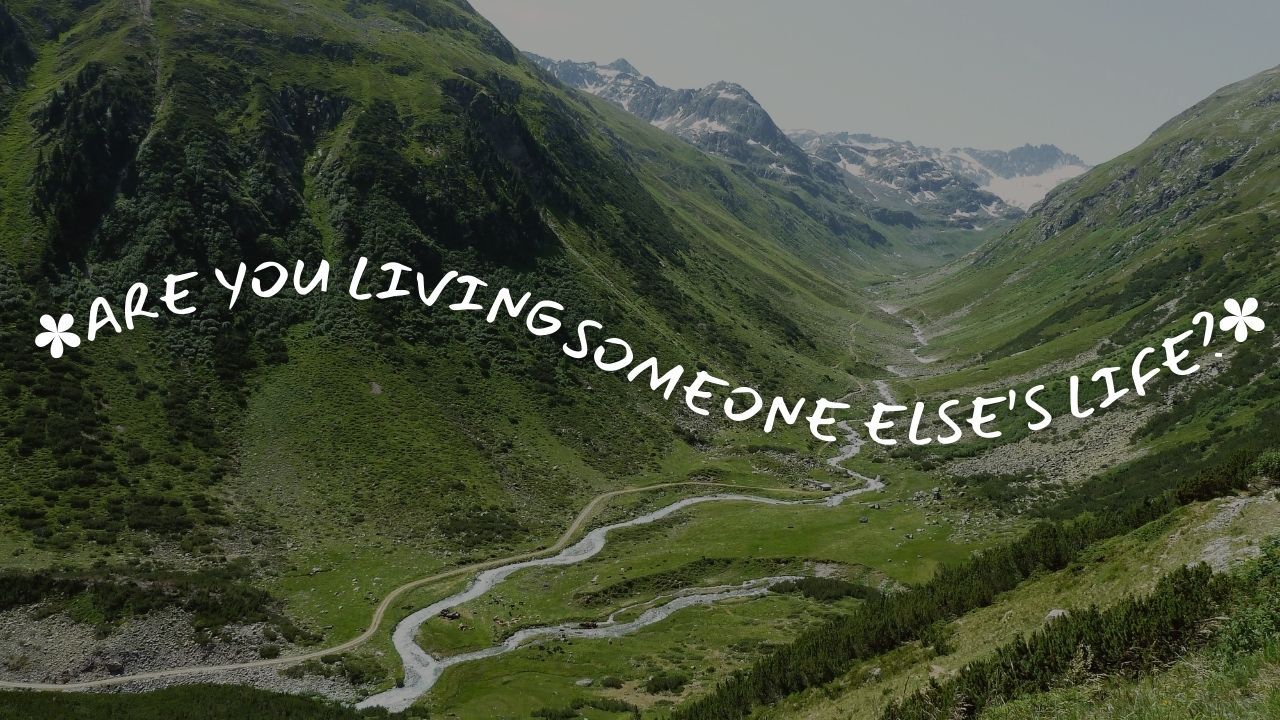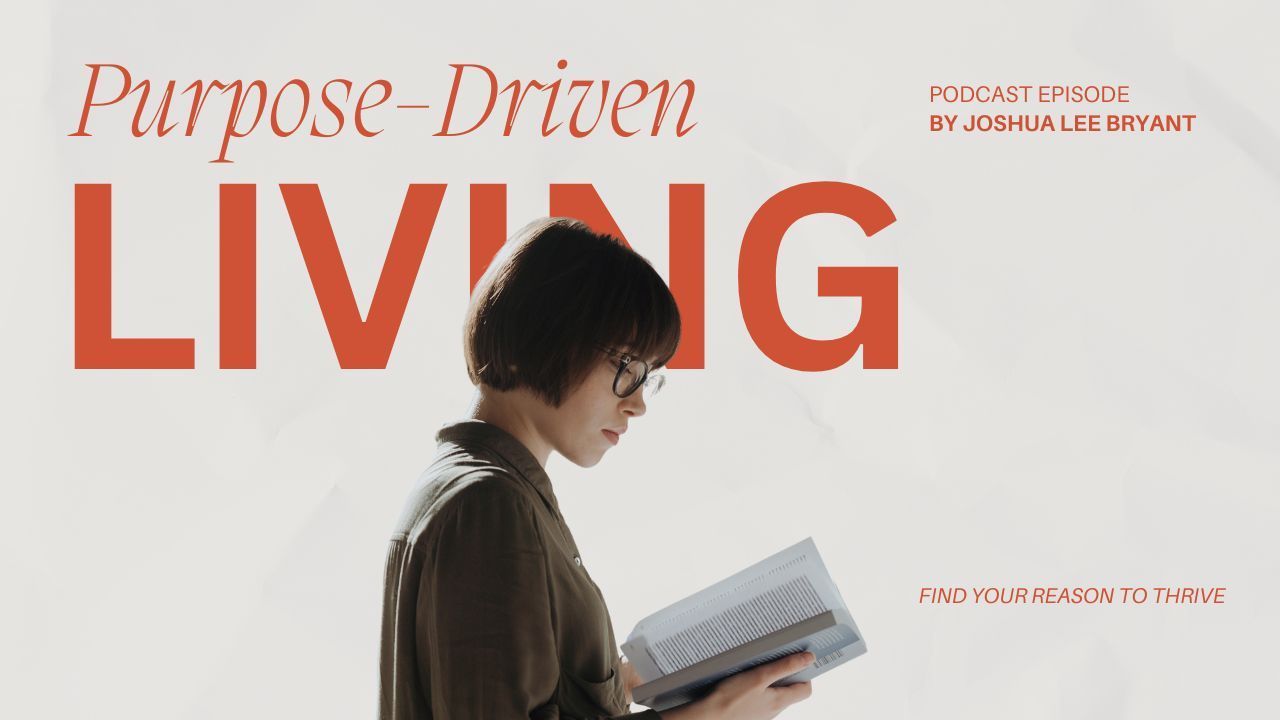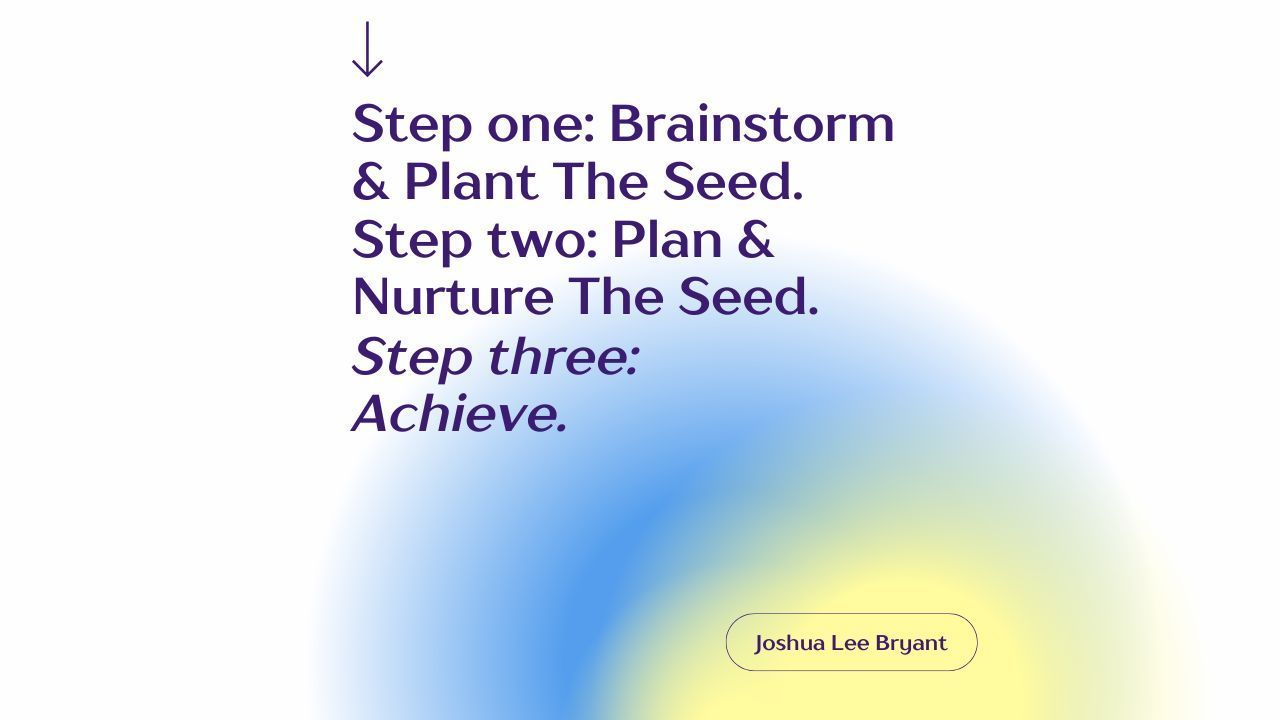In this conversation, Joshua Lee Bryant emphasizes the critical importance of setting boundaries for mental health and personal well-being. He discusses how boundaries are not walls but gates that protect our time, energy, and emotional health. The conversation explores the science behind boundaries, their impact on relationships, and the necessity of saying no to maintain one's self-worth. Bryant encourages listeners to reflect on their own boundaries and challenges them to start setting limits in their lives.
Takeaways
Setting boundaries is essential and science backs that up.
Boundaries clarify, they protect, and they let you breathe.
People who set clear boundaries report lower anxiety and higher self-esteem.
Boundaries reinforce your sense of control.
Saying no to what drains you means yes to what fills you up.
Boundaries reduce burnout and chronic stress.
Healthy boundaries strengthen relationships, not break them.
You don't need permission to protect your space.
Boundaries allow you to reclaim yourself and live freely.
You're worth the space that you take up.
Transcript
Picture this: Your phone buzzes again. It’s a friend asking for a favor you don’t have time for, or a coworker piling on extra work you didn’t sign up for. You want to say no, but that little voice creeps in—‘Don’t be selfish,’ ‘They’ll be upset,’ ‘You’ll seem rude.’ So you say yes, and inside, you feel that knot tighten. Sound familiar? We’ve all been there. But here’s the thing: Setting boundaries—saying no, carving out space for yourself—isn’t just okay. It’s essential. And science backs that up. Today, we’re diving into why boundaries aren’t about pushing people away, but about protecting something vital: you. This isn’t just advice—it’s a chance to rethink how you show up in your own life. So, let’s explore why setting boundaries might just be the kindest thing you can do—for yourself and others.
So, what are boundaries? Think of them as invisible lines you draw—lines that define where you end and someone else begins. They’re not walls to keep everyone out; they’re gates you control, deciding what comes in and what stays out. Psychologists define boundaries as limits we set to protect our time, energy, and emotional well-being. And here’s why they matter: Without them, you’re a sponge—soaking up everyone else’s needs, guilt, or demands until there’s nothing left of you.
Research backs this up. A 2014 study in the Journal of Occupational Health Psychology found that people who struggle to set boundaries at work report higher stress, burnout, and even physical exhaustion. Why? Because when you don’t say no, your brain’s stress response stays on—like a car engine revving with no break. Over time, that wears you down. But it’s not just about work. In relationships, unclear boundaries breed resentment. Ever felt angry at someone for asking too much, only to realize you never told them where the line was? That’s on us. Boundaries clarify. They protect. They let you breathe.
Now, let’s flip it: What happens when you do set healthy boundaries? The science is pretty clear—and pretty exciting. First, your mental health gets a boost. A 2019 study from the Journal of Family Psychology showed that people who set clear boundaries in relationships—saying no to unwanted demands or carving out personal time—report lower anxiety and higher self-esteem. Why? Because boundaries reinforce your sense of control. You’re not a doormat; you’re a person with worth.
Then there’s the ripple effect. Psychologists call this ‘emotional regulation.’ When you protect your energy, you’re less likely to snap at loved ones or spiral into guilt. A 2021 study in Personality and Social Psychology Bulletin found that boundary-setters feel more authentic in their connections. Saying no to what drains you means yes to what fills you up—like time with people who respect your limits.
And here’s a big one: Boundaries reduce burnout. The American Psychological Association links poor boundaries to chronic stress, but those who practice them? They’re more resilient. It’s like putting on your oxygen mask first—you can’t help others if you’re gasping for air. So, boundaries aren’t selfish; they’re a gift to everyone around you.
But let’s be real—setting boundaries isn’t easy. That little voice pipes up: ‘What if they get mad?’ ‘What if they leave?’ Fear of rejection is wired into us—psychologists say it’s a survival instinct from our tribal days. But here’s the truth: Research from the Journal of Social and Personal Relationships shows that healthy boundaries, when communicated kindly, strengthen relationships, not break them. People who respect you will adjust. And those who don’t? Maybe that’s a sign.
So, let’s get introspective. Think about your life right now. Where are you saying yes when you mean no? Maybe it’s agreeing to plans you dread, or taking on guilt that isn’t yours. What’s that costing you—your peace, your energy, your joy? Now imagine this: What would it feel like to draw that line? To say, ‘This is my limit,’ and mean it? Not with anger, but with quiet strength. Picture the weight lifting. That’s what boundaries offer—a chance to reclaim yourself. What’s one boundary you’ve been afraid to set? Hold that thought. We’ll come back to it.
Setting boundaries is okay. More than okay—it’s powerful. The research is clear: They shield your mental health, deepen your relationships, and free you to live as you, not someone else’s version of you. But this isn’t just about studies—it’s about you. You don’t need permission to protect your space. You don’t need to apologize for it either.
So here’s my challenge: Take that boundary you thought of earlier. Start small if you need to—a polite ‘no,’ a moment for yourself. Try it this week. See how it feels. And if you’re up for it, share your story in the comments—I’d love to hear how it goes. Because here’s the bottom line: You’re worth the space you take up. Boundaries don’t shrink you—they let you grow. Until next time, be kind to yourself. You deserve it.












